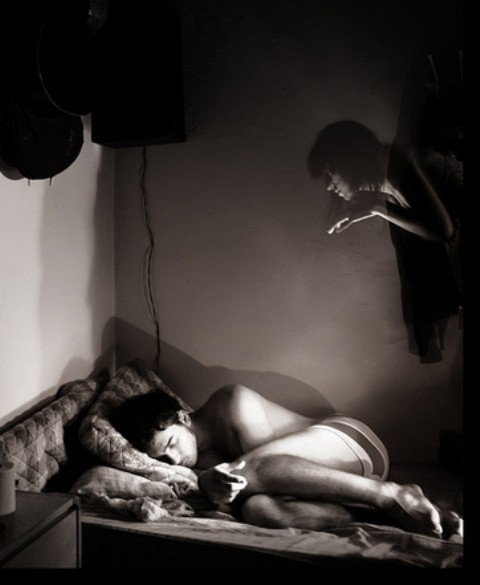Nightmares are Typical Among Bullied Children: Study

Nightmares and night terrors are common among children who are bullied, according to a study.
Studies have found that bullying has lasting impacts on the physical and mental health of children and adolescents. The stress and emotional trauma persists decades after the bullying episode and can permanently harm an individual's confidence and self-esteem. Experts from the University of Warwick in United Kingdom identified frequent sleep disturbances or parasomnia like nightmares, sleep walking and night terrors are typical among children who are subject to bullying and peer victimization.
For the trial, researchers examined health records of 6,438 children who took part in the Avon Longitudinal Study of Parents and Children to note factors that impact health, growth and diseases during childhood. All participants were asked about bullying experiences when they were aged between eight and 10 years and experts also recorded the frequency of parasomnia when subjects were 12 years old. The study also included other variables like family conditions, IQ levels of children, sexual and physical abuse and domestic violence when the participants were younger than 8 years.
Their findings revealed that 24.5 percent of children had nightmares, 9.3 percent experienced night terrors and about 12.6 percent of them reported sleep walking. Nearly 36 percent of the participants suffered from at least one form of parasomnia.
"Nightmares are relatively common in childhood, while night terrors occur in up to 10 percent of children," said Suzet Tanya Lereya, study author and research fellow at University of Warwick in a news release. "If either occurs frequently or over a prolonged time period, they may indicate that a child/adolescent has or is being bullied by peers. These arousals in sleep may indicate significant distress for the child."
Furthermore, it was observed children who faced physical abuse and tortures when they were eight years old or younger are more likely to experience parasomnia as pre-teens. Children who bullied others and also got bullied had more chances of having sleep disturbances than bullies.
The authors believe disturbing dreams or nightmares are a culmination of the stress and trauma suffered by children in their real lives. This study helps parents and care givers to aware of these behaviors that can give rise to permanent damages to the mental health of children.
"It is an easily identifiable indicator that something scary is being processed during the night. Parents should be aware that this may be related to experiences of being bullied by peers, and it provides them with an opportunity to talk with their child about it," said Dieter Wolke, co-author and professor of developmental psychology and individual differences at University of Warwick.
"General practitioners also should consider peer bullying as a potential precursor of nightmares or night terrors in children," added Prof Wolke.
The research was presented at the annual meet of the Pediatric Academic Societies (PAS) in Vancouver, Canada.
May 05, 2014 09:24 AM EDT





